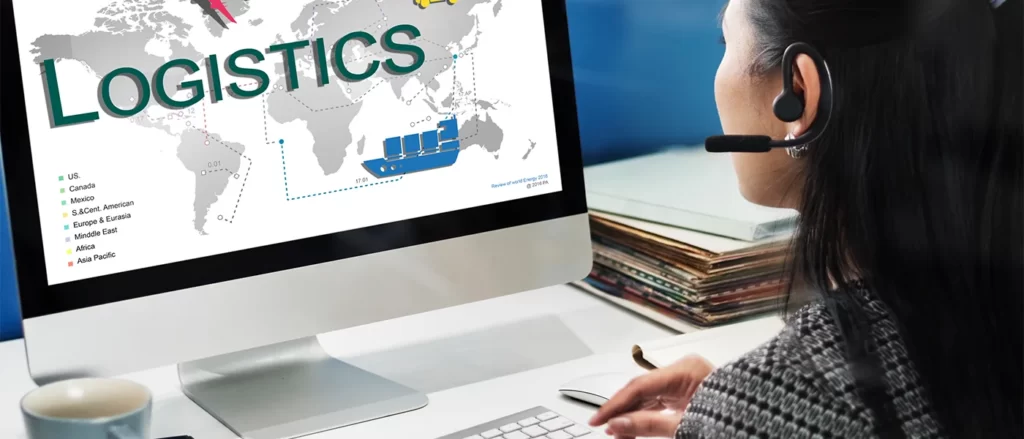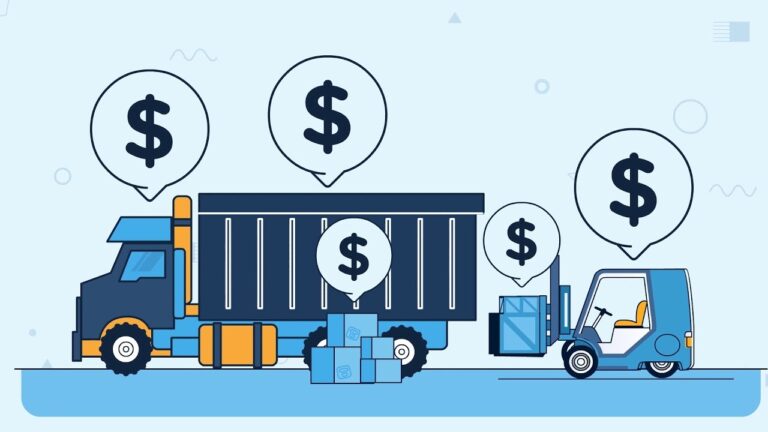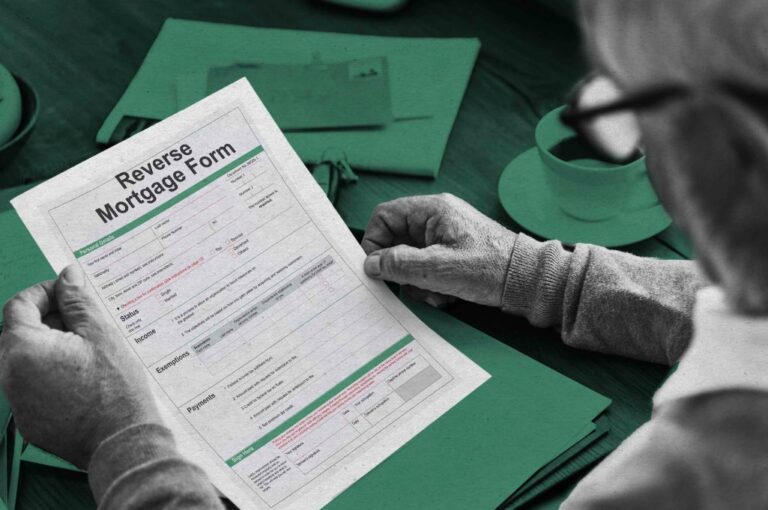Navigating the complex world of logistics and supply chain management requires a keen understanding of various processes, one of which includes the review and payment of transportation invoices. This critical function, while often overlooked, plays a pivotal role in ensuring cost-effectiveness and efficiency within a company’s logistics operations.
The Role of Invoice Verification in Logistics

The process begins with the meticulous examination of transportation invoices to verify their accuracy and compliance with agreed-upon contractual terms. This step is crucial as it helps identify discrepancies, overcharges, and errors that can affect a company’s bottom line. By doing so, businesses can safeguard against unnecessary expenses and optimize their logistics budget. Learn more about invoice verification in logistics at https://ctglobal-freightaudit.com/.
Establishing Clear Payment Protocols
Once the verification step is complete, the focus shifts to the timely and accurate payment of these invoices. Establishing a systematic approach to this ensures that payments are made efficiently, fostering strong relationships with carriers and avoiding any potential disruptions in the supply chain due to payment disputes.
Embracing Technology for Enhanced Efficiency
In today’s digital age, leveraging technology can significantly streamline the review and payment process. Automated systems can handle large volumes of invoices, reduce manual errors, and provide real-time visibility into the financial aspects of logistics operations. Investing in such technologies not only enhances efficiency but also allows for more strategic allocation of human resources.
The Importance of Contractual Clarity

A foundational aspect of a smooth-running process is the clarity and comprehensiveness of contracts with transportation providers. Clear terms regarding rates, surcharges, and service expectations can significantly reduce the likelihood of disputes and discrepancies, making the review process more straightforward.
Nurturing Carrier Relationships
Maintaining positive and transparent relationships with carriers is invaluable. Open communication and prompt resolution of payment issues can lead to more favorable terms, reliability in service, and potential cost savings through negotiated rates based on volume or performance.
Regular Process Audits for Continuous Improvement
To ensure the process remains effective and efficient, regular audits are essential. These audits can help identify bottlenecks, uncover opportunities for cost savings, and ensure that the process aligns with the evolving needs of the business.
Training and Empowerment of Staff

The success of the process heavily relies on the skills and knowledge of the team responsible for managing it. Providing regular training and empowering staff with the authority to resolve issues can lead to a more responsive and agile operation.
Data-Driven Decision Making
The wealth of data generated through the invoice review and payment process can provide valuable insights into a company’s logistics operations. Analyzing this data can reveal trends, identify areas for cost reduction, and inform strategic decisions regarding carrier selection, negotiation, and logistics planning.
Compliance and Regulatory Considerations
Staying abreast of regulatory requirements and ensuring compliance is crucial, especially for businesses operating across borders. Non-compliance can result in fines, legal challenges, and disruptions to the supply chain, highlighting the importance of a thorough and compliant review process.
Building a Culture of Continuous Improvement

Lastly, fostering a culture that values continuous improvement can lead to sustained success in managing logistics costs. Encouraging feedback, innovation, and collaboration across departments can uncover new opportunities for efficiency and effectiveness in the review and payment process.
Leveraging External Expertise
Sometimes, the complexity and scale of managing transportation invoices and payments may exceed a company’s internal capabilities. In such cases, partnering with external experts who specialize in this field can provide access to advanced technologies, industry best practices, and a wealth of experience. These partnerships can lead to enhanced savings, improved efficiency, and a more strategic approach to logistics finance.
Understanding the Impact of Global Trends
Global economic conditions, fuel prices, and geopolitical events can significantly impact transportation costs. Staying informed about these trends and understanding their potential impact on logistics expenses is crucial. This awareness can aid in better forecasting, budgeting, and negotiating contracts with carriers, ensuring that companies are not caught off guard by sudden market changes.
Prioritizing Sustainability in Logistics

Sustainability in logistics is becoming increasingly important, not just from an environmental standpoint but also as a factor in cost reduction and efficiency. Companies can explore opportunities to collaborate with carriers on green initiatives, such as optimizing routes for fuel efficiency or investing in more sustainable transportation modes. These efforts can lead to cost savings, improved brand reputation, and compliance with environmental regulations.
Integrating Invoice Management with Overall Supply Chain Strategy
The process of managing transportation invoices and payments should not be siloed but rather integrated with the company’s overall supply chain strategy. This holistic approach ensures that financial management aligns with broader objectives such as reducing lead times, improving service levels, and optimizing inventory management. By doing so, companies can achieve a more cohesive and strategic approach to their supply chain operations.
Fostering Innovation and Flexibility
In the fast-paced world of logistics and supply chain management, the ability to innovate and adapt to changing circumstances is crucial. Companies should encourage a culture of innovation within their teams, exploring new technologies, methodologies, and strategies for managing transportation invoices and payments. This could include blockchain for increased transparency, machine learning for predictive analytics, or flexible payment terms to accommodate the dynamic nature of the logistics industry.
Conclusion: Elevating Logistics Finance to Strategic Heights

The management of transportation invoices and payments extends far beyond a mere administrative task; it is a strategic component of logistics and supply chain success. By incorporating additional considerations such as external expertise, global trends, sustainability, and integration with overall supply chain strategy, companies can further enhance their logistics operations. Embracing a comprehensive and strategic approach to logistics finance, underpinned by technology, continuous improvement, and strong carrier relationships, can lead to significant cost savings, operational efficiencies, and a competitive edge in the complex world of logistics.
Related Posts:
- Teen Dating With Age Gaps – What's Allowed and Tips…
- Product Marketing Tips & Tricks 2024: Unleashing…
- Can Manchester City Secure Champions League Success…
- How Crypto Payment Gateways Work? Decoding Digital…
- 15 Marketing Tips for Growing and Sustaining an…
- Emergency Roblox Guide: What to Do If Roblox Is Down…







